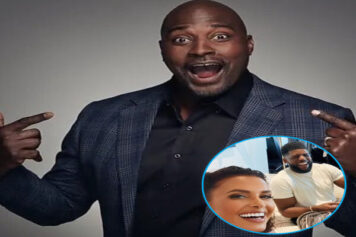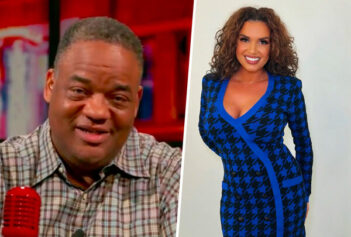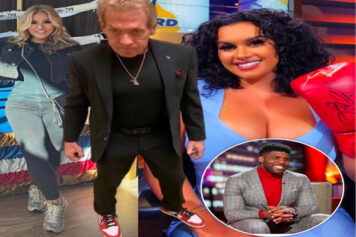For a second there, I wondered whether or not Oprah was somewhere throwing plates in a fury over another liar, Manti Te’o, stealing her thunder right before her highly publicized interview with the disgraced Lance Armstrong about his long-denied use of performance-enhancing drugs was set to air. Te’o ultimately cancelled all interviews, and that’s a win for both Oprah and the Notre Dame linebacker. For Oprah, her interview was temporarily back in first place, and for Te’o, he’s been given a lesson on how not to do redemption-themed press.
Indeed, much of Oprah’s interview with Lance Armstrong seemed like “How To Catch A Sociopath.”
It kicked off with Oprah asking a straight forward “yes or no” on questions about whether he used EPO, blood transfusions, cortisone, testosterone, and other banned substances. Yes to all of the above, plus the acknowledgment that it started in the mid-1990s. Then Oprah moved to what everyone wanted to know: Why?
After being reminded that he “brazenly and defiantly” lied about his drug-usage, Lance responded with, “I don’t know that I have a great answer.” He went on to note that it’s “probably too late for most people and that’s my fault. I view this situation as one big lie that I repeated a lot of times.”
You don’t say.
For a second, you might’ve assumed that Lance was going to be candid over the “how” and the “why” and possibly incite a sense of empathy. Yeah, no, because every minute following those comments showed the cyclist to be eagerly evasive, not all that regretful, and unworthy of sympathy. Oprah did a fine job of holding Lance’s feet to the fire and serving as a moral compass (can’t wait until she becomes the Black Buddha), but there were portions of their back-and-forth where I wanted her to tag Elliot Stabler in and get this dude to stop one-two stepping all over the questions.
Sure enough Armstrong admittedly likes to control the narrative, but unless he’s going to get on his knees, look directly into the camera and say “please, baby, please” in the second interview airing tomorrow night, I don’t see how this does much in the way of rehabilitating Lance’s public image or reducing his ban.
Not doubt well rehearsed, Lance admitted his wrongdoing but explained, “I didn’t invent the culture, but I didn’t try to stop the culture.”
Lance wouldn’t admit to "verbal pressure" but he "accepts" that, because he doped, others on the team would feel pressure to follow his lead.
When it came to being a bit of a bully, Lance somehow found some way to excuse it by pointing to his mother having him at a young age.
Worse was when he told Oprah that he looked up the word cheating in order to help convince himself that the label didn’t apply to him. as so many others were doping up, too. To him, it was "like carrying water bottles and putting air in tires." Perhaps there’s some nominal level of an inconvenient truth there – if everyone else is doing it, it’s not an advantage, really – but in even offering that statement and being scant on so many other details about the act only further highlights how passive his apology was.
Aesthetically, Lance gave you the look of contrition, but the more you paid attention, the easier it was to conclude he was selling the designer impostor version of guilt. He only looks at his wins “a little differently now.” Then there’s quips like “The culture was what it was,” which is way too akin to “it is what it is.”
When it came to the people he called liars, bitches, or crazy for telling the truth about him, Lance could only muster up, “They’ve been hurt too badly.” No, no. Say, “I hurt them too badly” – and with feeling.
The best part of the interview was that he described himself as a “humanitarian” and a “jerk” who’d been an “arrogant prick” for years because he was so used to controlling everything in his life – for obvious reasons. Most folks familiar with Lance Armstrong seemed to know that already, in addition to the idea that “the ruthless desire to win.” Nonetheless, he spent 90 minutes talking about himself like he wasn’t the person responsible for ruining other people’s lives.
Lance claims that he’ll spend the rest of his life trying to earn back people’s trust. It’s great that he gave himself such a flexible timetable, because, based on this interview, he’s going to need a whole lot more practice.



